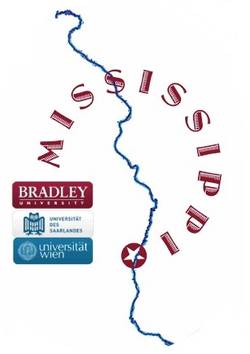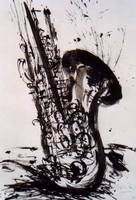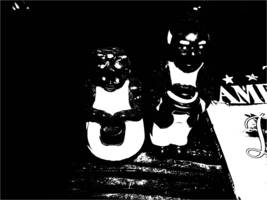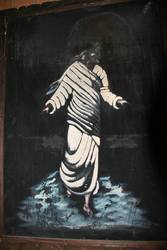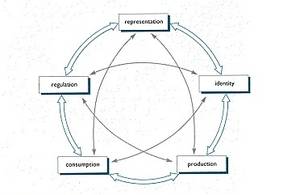Archive
Here you can find the projects of our students who participated in our joint excursions.
Current Projects
Our current project is a continuation of the Live(s) on the Mississippi excursion from 2010. See below for a list of individual student projects or here for the excursion page.
Observing racial representations along the Mississippi
By Maria Katharina Wiedlack, Puneh Rezwan, Anna Steiner (Univ. Wien) and Stefan Eich (Univ. d. Saarlandes)
(Re)visiting Dubuque, Nauvoo, Hannibal, Memphis, Clarksdale, Natchez, and NewOrleans from the perspective of Critical Whiteness Studies
Rodney: A Town Abandoned by the Mississippi
By Gunther Blauensteiner (Univ. Wien)
Imagine a thriving southern town in the state of Mississippi at the beginning of the nineteenth century in which the townsfolk's pace is dictated by the steady flow of the big muddy river. Because of the town's natural advantage of being a traditional spot to cross the Mississippi, Rodney was able to establish itself as an economic and cultural center. One could find schools, churches, a theater, a lecture hall, a bank, taverns and the town's own newspaper. It even was only three votes short of becoming the capital of the Mississippi territory. But somehow something went terribly wrong.
Reflections on the Representation of Mark Twain and Slavery along the Mississippi
By Hubertus Weyer and
In the course of the summer semester, cultural research methodology as well as self-awareness as researchers was repeatedly stressed. These were important subjects in class, since they constituted the very basis of this whole experience. The fact that each of us have prejudices or 'fore-meanings' (Johnson 2004, 44) about our subjects of cultural research and that we need to be aware of our own traditions, and subject positions, was our group's starting point.
